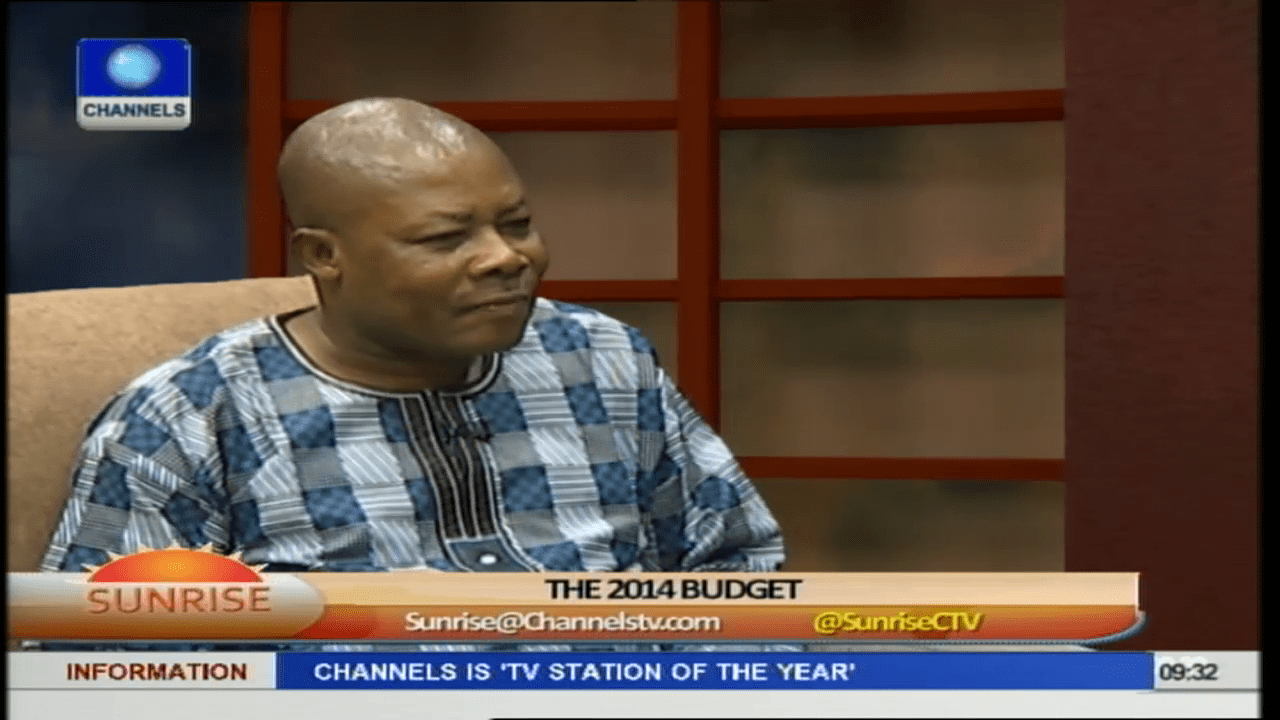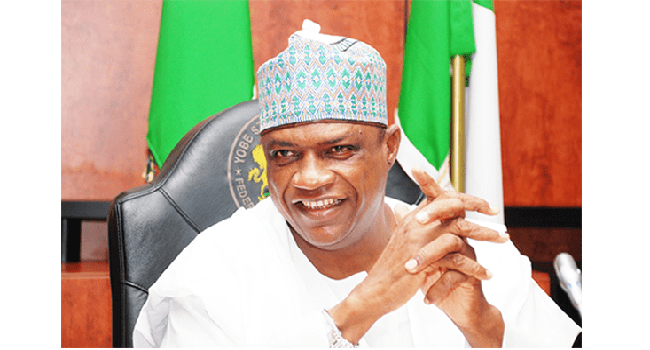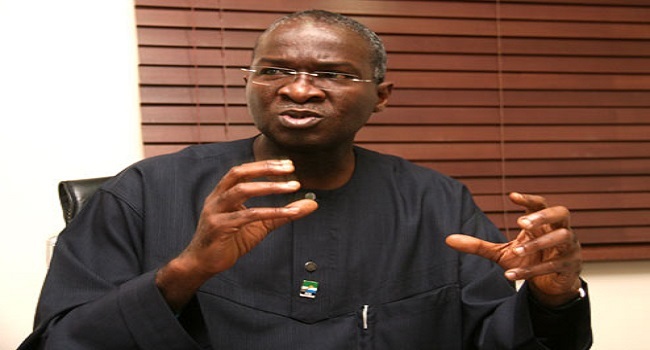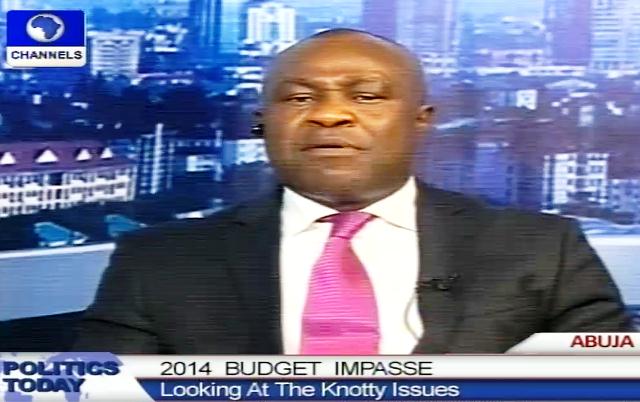
One of such analysts, the Editor in Chief of Financial Standard, Bola Onanuga, on Saturday, said the increase in the recurrent expenditure of the 2014 budget is as a result of corruption in government.
Speaking on Channels Television’s Saturday breakfast programme, Sunrise, he said “the major reason why the recurrent expenditure is increasing is corruption.” He also attributed the increase to lack of focus as well as selfishness on the part of the government.
“We are a very selfish people” hence “most times we look more at the current situation rather than the future.”
The capital expenditure which accounts for development projects and infrastructure often takes the back burner in budget “because the large population of civil servants that are extremely very corrupt must be taken care of,” he said.
Commenting on Nigeria’s export profile, he expressed hope that the nation would regain sure footing in exportation of goods. He said that Nigeria is currently among the major exporters of cassava having lost its position in cocoa export to other countries. He however stated that there are efforts by the government to rectify that.
He commended the Goodluck Jonathan administration for encouraging the private sector and called on Nigerians to exercise patience. “In any economy that must be transformed, there must be patience,” he said, adding that “what the GEJ government is pursuing economically is working but not politically.”
“It might be a very little improvement (but) there has been a lot of improvement in the economy,” he said citing the rise in private companies which increases employment rate.
He complained that the progress in the agricultural sector is slow as there is not enough engagement at the state and local levels of government. He also faulted the citizenry for not being creative and for being over-dependent on the government in terms of job creation.
Also speaking on the programme, a Policy Analyst, Galtima Liman, said he is not given to euphoria as the budget doesn’t define the cause of development while the real aggregate issues have not been tackled.
70 percent of the 2014 budget which accounts for what the government intends to spend on recurrent expenditure is a contradiction of what the Finance Minister said the budget will focus on according to Liman. The minister had said that the 2014 budget focused on job creation and inclusive growth but Liman countered saying “if you are spending a lot more on recurrent, how are you going to have enough to spend on projects?”
Although the oil and gas sector fetches the nation most of its revenue, the sector isn’t contributing optimally as a result of leakages in the system (vandalism), Liman said adding that there’s a huge deficit in the system because the nation isn’t making as much revenue as it should.
He also argued that the 70 percent recurrent expenditure which is used to settle salaries as well as expenses of legislative and executive arms of government is being spent on less than 1 percent of the population.
He also applauded the private sector for filling the loopholes created by government.




